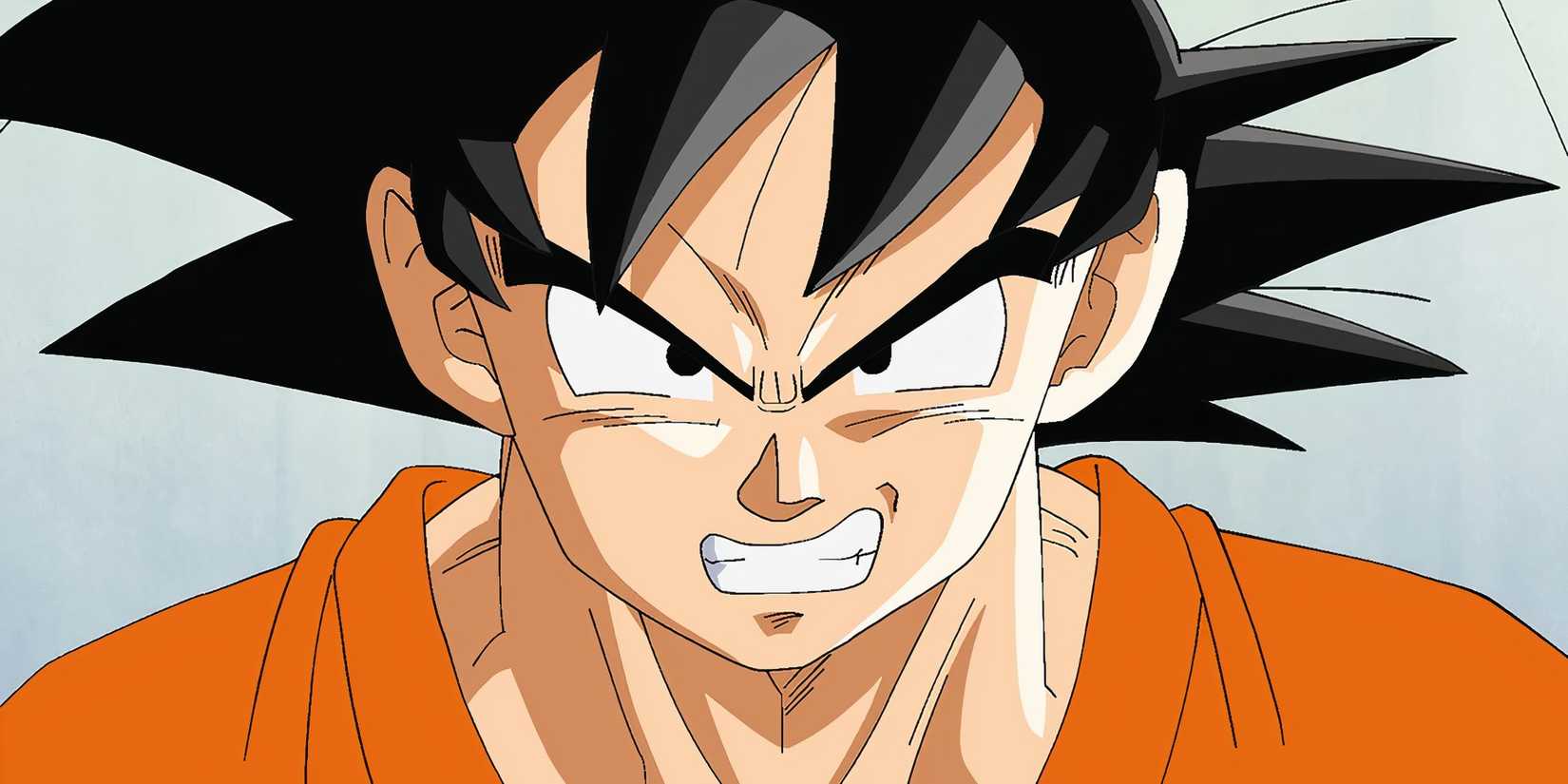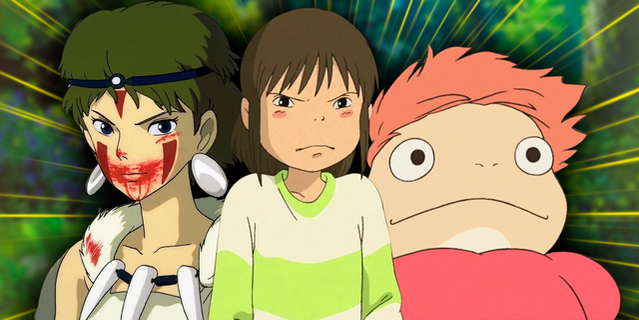The global rise of AI-generated media has triggered a new cultural clash between technology’s limitless creativity and Japan’s cherished artistic heritage of anime. The Japanese government has now drawn a bold line in the sand, formally asking OpenAI to refrain from using copyrighted anime and game characters in its latest video-generation software, Sora 2.
For Japan, this is not merely about intellectual property law, it is about cultural preservation, according to IGN. Anime and manga are more than commercial exports; they are national symbols that define Japan’s creative identity. Government officials have described these works as “irreplaceable treasures,” emphasizing that they represent decades of artistry and imagination that no algorithm should casually replicate.
Japan’s Government Pushes Back Against Sora 2

Sora 2’s ability to generate lifelike 20-second videos has ignited controversy since its October launch. Social media quickly filled with AI-made clips depicting recognizable anime characters from One Piece, Pokémon, Demon Slayer, and other major franchises that are clearly unauthorized. In response, Japan’s Intellectual Property Strategy Headquarters issued a formal request urging OpenAI to stop infringing on Japanese IP.
Minister of State Minoru Kiuchi took the issue public, calling anime and manga cultural assets that “captivate the world.” His remarks underscored Japan’s balancing act: while eager to lead in AI innovation under the new AI Promotion Act, the government refuses to compromise the creative integrity of its beloved media.
Digital Minister Masaaki Taira and other lawmakers echoed the call for voluntary compliance, hinting that stricter measures could follow. Although the AI Promotion Act lacks explicit penalties, it empowers the government to investigate harmful uses of AI, setting the stage for future regulation if companies like OpenAI fail to act responsibly.
A Global Wake-Up Call for AI and Creativity

Custom Image by Ana Nieves
OpenAI CEO Sam Altman has since promised new safeguards, including giving rights holders more control over how their characters appear in generated videos. He acknowledged Japan’s unique creative influence, noting the “deep connection” between users and Japanese media. Yet for many in Japan, the damage is already done as AI-generated anime is testing the limits of what “fan creation” really means.
The backlash reflects growing frustration among Japanese studios and fans who feel their culture is being mined by foreign tech firms without consent. Even Nintendo stepped forward to reaffirm its zero-tolerance stance on IP violations, emphasizing that it will act against unauthorized AI use of its characters.
As lawsuits mount in the West against AI companies for similar infringements, Japan’s stand may become a defining moment in global copyright ethics. This clash between innovation and preservation is not just about law, it is about respect for artistry in the digital age. And for Japan, protecting anime and manga means defending the soul of its storytelling itself.


AloJapan.com